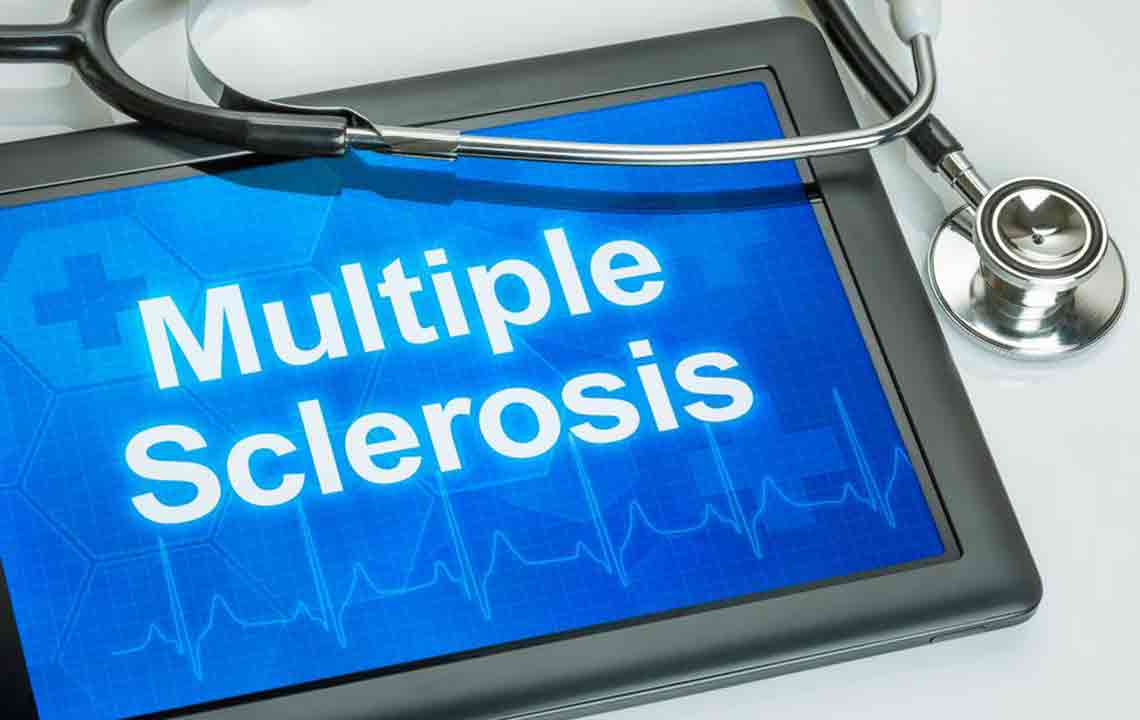Emerging Therapies for Managing Multiple Sclerosis
This article explores current and emerging treatment options for multiple sclerosis, focusing on managing relapses, reducing relapse rates, and maintaining quality of life. It highlights the roles of corticosteroids, plasma exchange, and disease-modifying therapies like interferons and glatiramer acetate, emphasizing the importance of early intervention and multidisciplinary care to optimize outcomes.

Multiple sclerosis (MS) is a chronic condition requiring comprehensive treatment strategies. Care plans consider factors such as age at onset, gender, disability level at diagnosis, and MS type. A multidisciplinary team—comprising neurologists, physiotherapists, occupational therapists, psychiatrists, and social workers—works together to enhance patient quality of life. Management focuses on four key areas: controlling acute flare-ups, reducing relapse frequency, managing complications, and addressing established disabilities. While no cure exists, recent approaches aim to improve symptom control and slow progression.
Acute relapses are primarily treated with high-dose corticosteroids, which diminish inflammation. Typically, intravenous methylprednisolone or oral prednisone is used over 3-5 days, then tapered. Risks of prolonged steroid use include osteoporosis, mood changes, cataracts, and increased infection risk—hence, limits are recommended. Plasmapheresis is an alternative for steroids' failure but is resource-intensive.
For preventing relapses in relapsing-remitting MS, disease-modifying drugs like Glatiramer acetate and Interferon beta are prescribed early. These drugs work by modulating immune responses and reducing attack severity. Candidates should be fit, have recent severe relapses, and no contraindications. Interferon beta formulations include Avonex, Rebif, and Betaferon, administered via injection with common side effects like injection site reactions, flu symptoms, and fatigue. Glatiramer acetate, given daily subcutaneously, also reduces attack rates by altering immune activity. Other agents such as Natalizumab, Fingolimod, and Mitoxantrone are also used for relapse prevention.
Disclaimer: This article is for informational purposes only and should not replace professional medical advice. Always consult qualified healthcare providers for diagnosis and treatment decisions.










